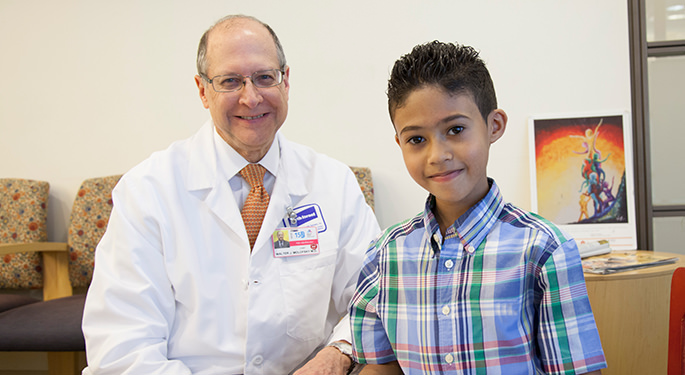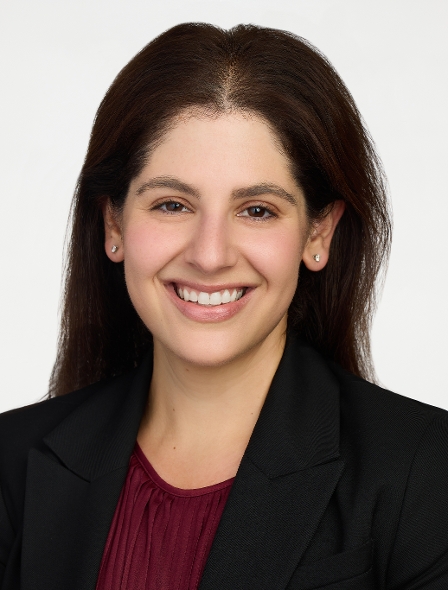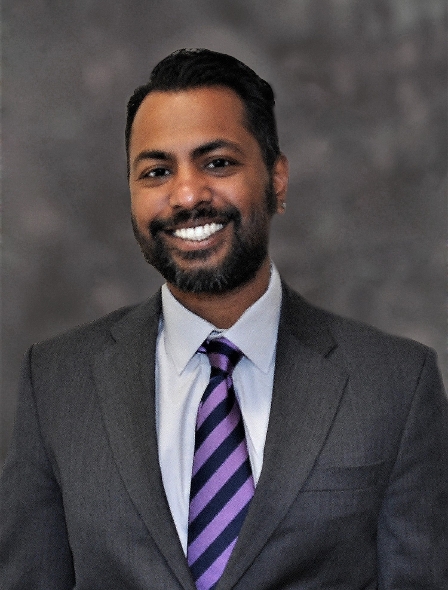Pediatric Neurology


Mount Sinai’s experts in pediatric neurology provide unparalleled, proactive care for a full range of conditions affecting the brain, spinal cord, and peripheral nerves.
Under the direction of Walter Molofsky, MD, our board certified pediatric neurologists and nurse practitioners care for children with neurologic and developmental disorders. We collaborate with a team of pediatricians, pediatric neurosurgeons, and others to provide compassionate outpatient and inpatient care.
We treat the following conditions:
- Brain and spinal tumors
- Cerebrovascular disorders and cerebrovascular stroke
- Cerebral palsy
- Epilepsy and seizure disorders
- Headaches and migraines
- Leukodystrophies
- Metabolic disorders
- Movement disorders such as Tourette’s, tics, tremor, juvenile Parkinson’s disease
- Multiple sclerosis and neuroinflammatory disorders
- Neurodevelopmental disorders including autism
- Neuro-genetics disorders such as Down syndrome and fragile X
- Neuromuscular disorders such as muscular dystrophy
- Sleep problems
- Spasticity
Recognizing that each patient is different, we are skilled in personalizing a treatment plan that addresses all facets of your child’s neurological diagnosis.
Treatments for Pediatric Neurological Disorders
Our highly skilled team is trained in providing all treatments for pediatric neurological conditions. Our treatments include collaborative psychological and psychiatric, counseling medication, pain management, physical, occupational, and speech-language therapy.
We are also committed to giving each child and family the practical and emotional support needed to achieve the best possible health. Our experts in pediatric neurology collaborate closely with the pediatric neurosurgical team to provide advanced treatment options for children and adolescents with conditions including epilepsy, hydrocephalus, craniosynostosis, movement disorders, and brain tumors who may respond to surgical procedures.







